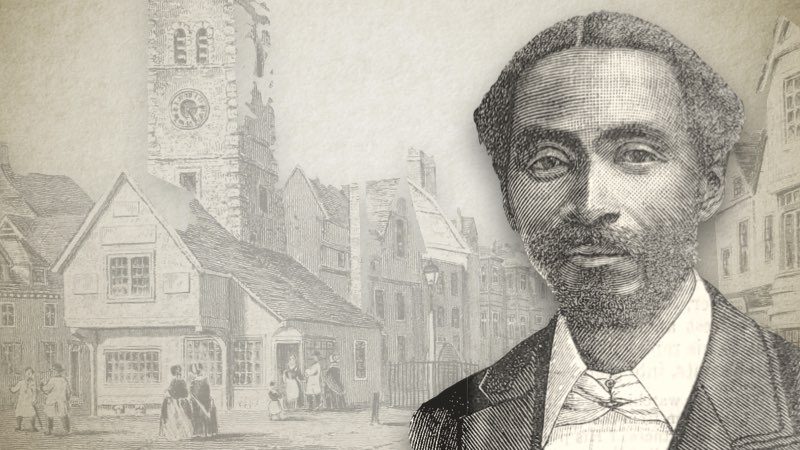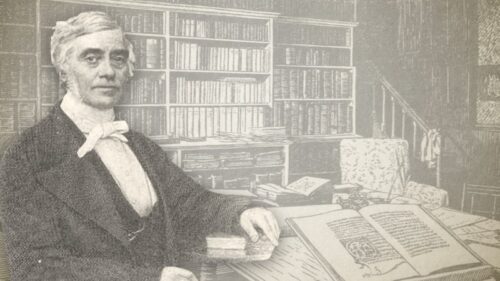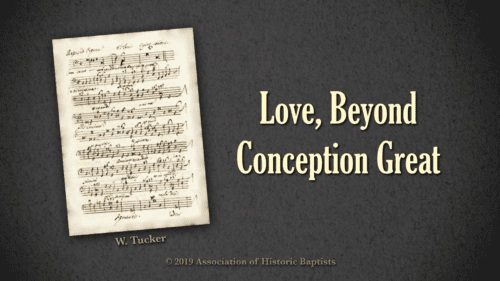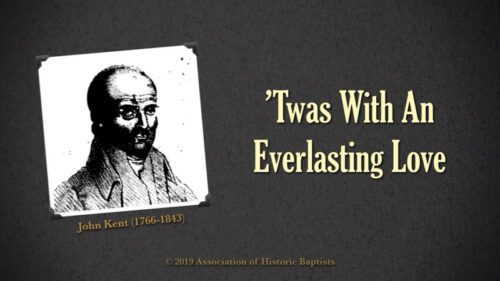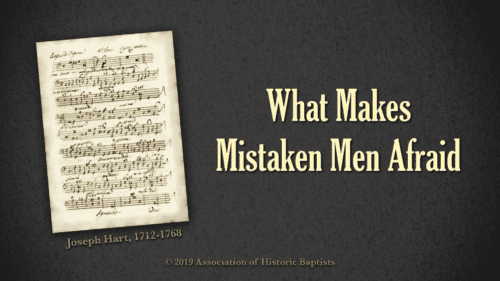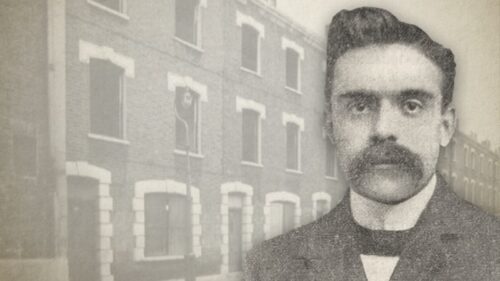-
The Life And Ministry Of J. B. Pandian
The Personal Testimony Of Mr. Pandian’s Conversion To Christ And Call To The Gospel Ministry Conversion To Christ "I was born a Hindoo of the Maravar caste, in the year 1861, at Perurani, Tinnevelly District. I belong to the family of Maniashi, Zemindar (a petty prince). My father was a wealthy man, and as I was his only son, he employed a Brahmin teacher to instruct me, in the Hindoo religion. Many a time I accompanied my grandmother in her pilgrimages to sacred places, and on our journeys she used to tell me about the fearful and avenging gods and goddesses whom we were going to pay our vows to. Nothing but fear induced me to worship these gods, and I had no idea of…
-
The Life And Ministry Of John Piper
The testimony of John Piper’s life and ministry is recorded in the Earthen Vessel (1888). On pages 264 and 331, we are given the following account of his life: “To The Editor.—Dear Sir,—I will (D.V.) forward you particulars of the late Mr. Piper’s call by grace, voyage to this country, &c., which I received from his lips when spending an hour or two at his house. They made a deep impression upon my mind, and may be very interesting to your readers. Yours sincerely, W. Paul. 191 Shakespeare-road, Herne Hill, S.E." Some Account Of The Call By Grace, Ministry, And Voyage To England Of The Late Mr. John Piper, Of Demerara. By W. Paul, of Herne Hill Mr. Piper was endowed with a largely developed…
-
A Very Strange Sound In Our Ears
Strange things I've heard Reformed Baptists say: "We must believe like John Calvin, but evangelize like James Arminius!" "If it were not for Paedobaptism, I would be a Presbyterian!" "A church is at high risk of pastoral dictatorship unless more than one pastor is appointed." "Christians need the church like babies need milk...it is their nourishment for life." "Hyper-calvinists have no urgency to preach the gospel to dying sinners," said one while spending a day visiting with me in the sitting room, instead of urgently preaching the gospel to my neigbors. "It is the unbeliever's duty to believe on Christ, and the believer's duty to obey the [moral] law!" "God wants you to come to Christ; the only thing keeping you from salvation is your…
-
Behold The Potter And The Clay
Romans 9:19-24: "Thou wilt say then unto me, Why doth he yet find fault? For who hath resisted his will? Nay but, O man, who art thou that repliest against God? Shall the thing formed say to him that formed it, Why hast thou made me thus? Hath not the potter power over the clay, of the same lump to make one vessel unto honour, and another unto dishonour? What if God, willing to shew his wrath, and to make his power known, endured with much longsuffering the vessels of wrath fitted to destruction: and that he might make known the riches of his glory on the vessels of mercy, which he had afore prepared unto glory, even us, whom he hath called, not of the…
-
Beware Of “Christian” Propaganda
I wish to share a simple response to an article I read this afternoon. Under the title, “Benjamin Keach”, the Wikipedia entry begins: “Benjamin Keach (29 February 1640 – 18 July 1704) was an English Reformed Baptist preacher and author whose name was given to Keach's Catechism.” Under the heading, “View History”, the Wikipedia log records that on the 6th April 2023, Editor Wobblygriswold “Tweaked wording from Particular to Reformed, per the title of the relevant Wikipedia page, but defined the term Particular as well in the article.” So, the name Particular is replaced with that of Reformed, based on the definitions given under the Wikipedia page entitled, “Reformed Baptists”. Here is the entry: “Reformed Baptists (sometimes known as Particular Baptists or Calvinistic Baptists) are…
-
Article 12 – Spirital Faith A Grace, Not A Natural And Legal Duty
Articles Of The Faith And Order Of A Primitive Or Strict And Particular Baptist Church Of The Lord Jesus Christ, Based On The Declaration Of Faith And Practice Of John Gill, D. D., 1720 XII. Spiritual Faith not a Natural and Legal Duty. We believe that the “precious faith” of “God’s elect,” with which salvation is conjoined,[1] is “the gift of God, “obtained" by the elect “through the righteousness of God our Saviour,” wrought in the heart by “the operation of God,” and manifested by acts of spiritual belief or trust which are performed through gracious ability communicated by the Holy Ghost,[2] and that it is not a duty incumbent on men as men, which they can perform at their pleasure, but is obligatory only…


